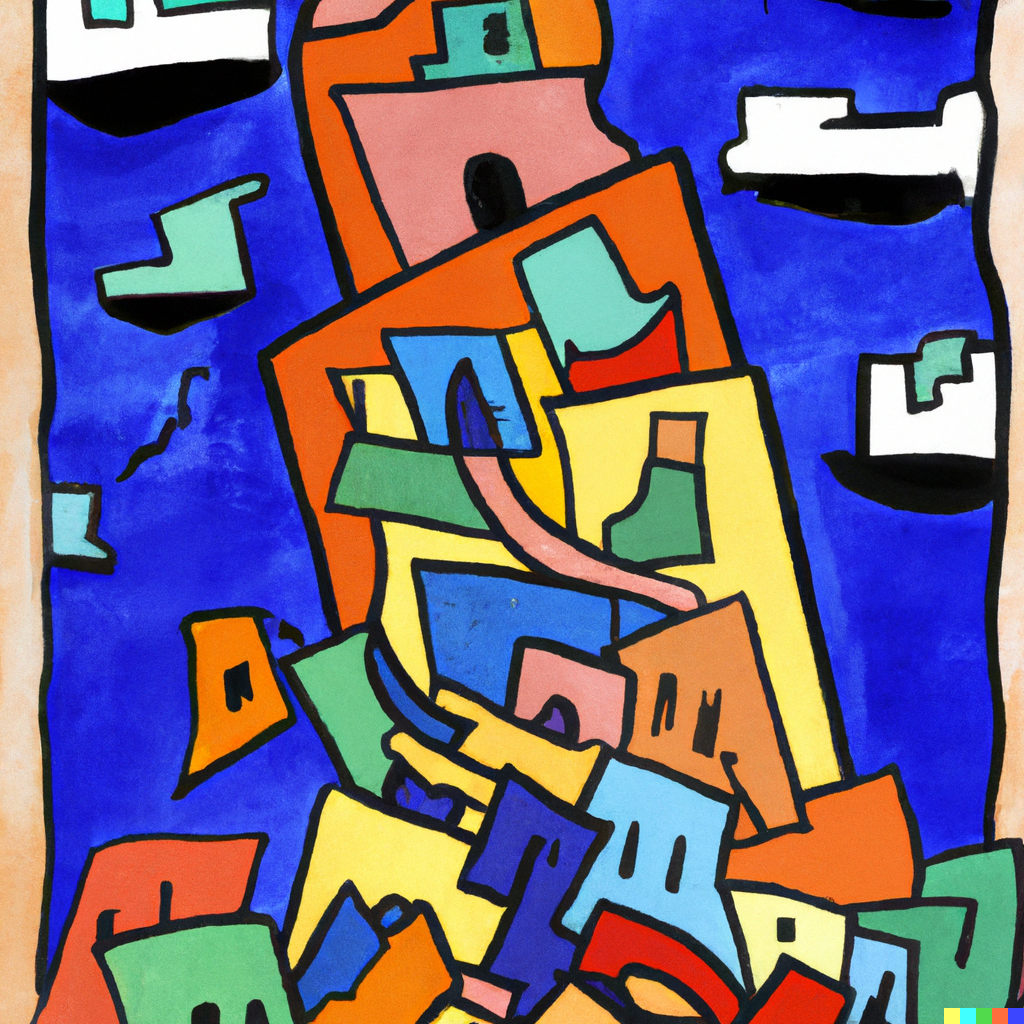
Sponsored By: GoingVC
Want to start a Successful Career as a Venture Capitalist?
This essay is brought to you by GoingVC. Apply to our 16-week program to improve your skills, network, and experience to get a job in Venture Capital.
Editor’s note: With the release of Threads, we thought that Nathan’s piece from April about the fragmentation of Twitter was particularly prescient, so we’re re-running it today. Are you excited about any Twitter alternatives? Let us know in the comments.
1
Imagine a neighborhood bar. It’s like the one in Cheers, where everybody knows your name, and they’re always glad you came.
Now imagine the bar got bought by a rich asshole. He makes crude jokes, and when people don’t laugh he just gets louder. Worse, his lack of organizational skills is starting to take its toll on the basic functioning of service. Everything’s mostly fine—you’re still a regular—but it feels like something that was special about the place died. Meanwhile, the financial math, which was always slightly precarious, is now definitely not working. One wonders how close the place is to Chapter 11.
So what happens? Do people scatter? Do they re-convene at a new location? Or do they stick around?
My belief is that they scatter.
2
What holds a social app together? Ask any tech enthusiast and they will quickly tell you: network effects. Put simply, social apps allow us to communicate with familiar faces in a familiar way, and they make it easy to meet new people. Starting a new social app is kind of like starting a new town—it’s just empty space at first. This is why most social apps fail.
New networks are usually formed when a new way of communicating is enabled by a technology shift. Broadband internet and flash video enabled YouTube. SMS enabled Twitter. Mobile photography enabled Instagram.
But sometimes networks form for other reasons. Facebook, for example, was technically possible to build nearly 10 years before it was founded. All you need is personal computers, the internet, .edu email addresses, the web, and the <img> tag—all of which were available in 1995. Facebook succeeded because it was the first to understand a cultural shift (the web was becoming mainstream among college students) and build a network structure that suited it (private networks within universities).
Today it feels like we’re living through another important cultural shift—the decline of Twitter—and a new generation of networks is experimenting with new structures to try and capitalize on it. If we want to understand what’s next, it helps to ask: what caused the culture shift? What new structures would be better? And what will it feel like to use the internet in the future?
These are big questions. They’re impossible to answer with data or certainty. But they’re important questions to consider, especially now, because if we’ve learned anything from the history of the internet so far, it’s that the structure of the networks we communicate through influences the way we live.
Churchill once said, “We shape our buildings; thereafter they shape us.” He was right.
3
First, let’s consider what went wrong with Twitter and how it relates to the cultural shift away from large networks.
To be clear: Twitter is not going to die, but it is in structural decline. The proximate cause is Elon’s (mis)management, but there is a deeper issue: throwing the entire world into one chat room with one set of rules was never going to last. As Noah Smith put it, the internet wants to be fragmented.
Back when Jack Dorsey ran Twitter, the platform was consistently spawning right-wing alternatives (Gab, Parler, Truth Social). Now that Elon is in charge and angering a wider variety of people, a wider variety of alternatives is cropping up: Mastodon, Substack Notes, Bluesky, Farcaster, and more. But no matter who is running Twitter, their decisions are going to anger some subset of users, and those users will seek alternatives.
The Only Subscription
You Need to
Stay at the
Edge of AI
The essential toolkit for those shaping the future
"This might be the best value you
can get from an AI subscription."
- Jay S.
Join 100,000+ leaders, builders, and innovators

Email address
Already have an account? Sign in
What is included in a subscription?
Daily insights from AI pioneers + early access to powerful AI tools







Comments
Don't have an account? Sign up!